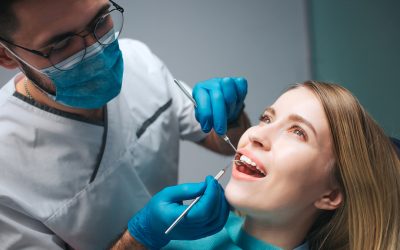For centuries, we have intuitively known that bad teeth were signs of poor health. However, it is only recently that we have linked bad teeth with inflammation. It is believed that inflamed gums facilitate the passage of bacteria in the blood which form the plate. They will then produce enzymes that increase platelet aggregation, promoting their coagulation, contributing to hardening of the arteries. Fortunately, dental care in Queens, NY has found that it is easy to act on this risk factor. Here’s how:
Brush with all your heart
To make sure you brush your teeth for the time allotted, obtain a bathroom timer and set it to two minutes. You can also buy an electric toothbrush with a built-in timer. Place the brush against your teeth at a 45° angle and gently massage in circular movements. Place the brush on the front and back of your teeth, as well as on top, not stopping until the end of two minutes. You should brush your teeth well, at least twice a day, at sunrise and sunset.
Do not forget to floss
The American Dental Association estimates that only 20% of American use dental floss every day. Here’s how you do it: Cut about 50 cm of wire, wrap one side around your left middle finger and the rest around your right middle finger, leaving about two inches of clearance between the two. Gently move the floss up and down between your teeth, and along their sides. You will want to pay particular attention to the gingival margin.
Extra tips
Antibacterial mouthwash can help remove plaque. However, avoid alcohol-based products, which have been associated with oral cancer. Dentists generally agree that a worn toothbrush does not allow for proper brushing, and it may even injure the gums. Northern Plaza Dental Care recommends changing your brush every two or three months, or when the bristles are worn. Having a dry mouth can promote tooth decay. To stimulate saliva production, chew sugarless gum.
Make an appointment with your local dental care in Queens, NY twice a year for cleaning, or every three months if you suffer from heart disease. Give the dentist a list of medications you presently take, if any. This is because some of them, including hypotensive, may have an effect of increasing the risk of gum disease.


